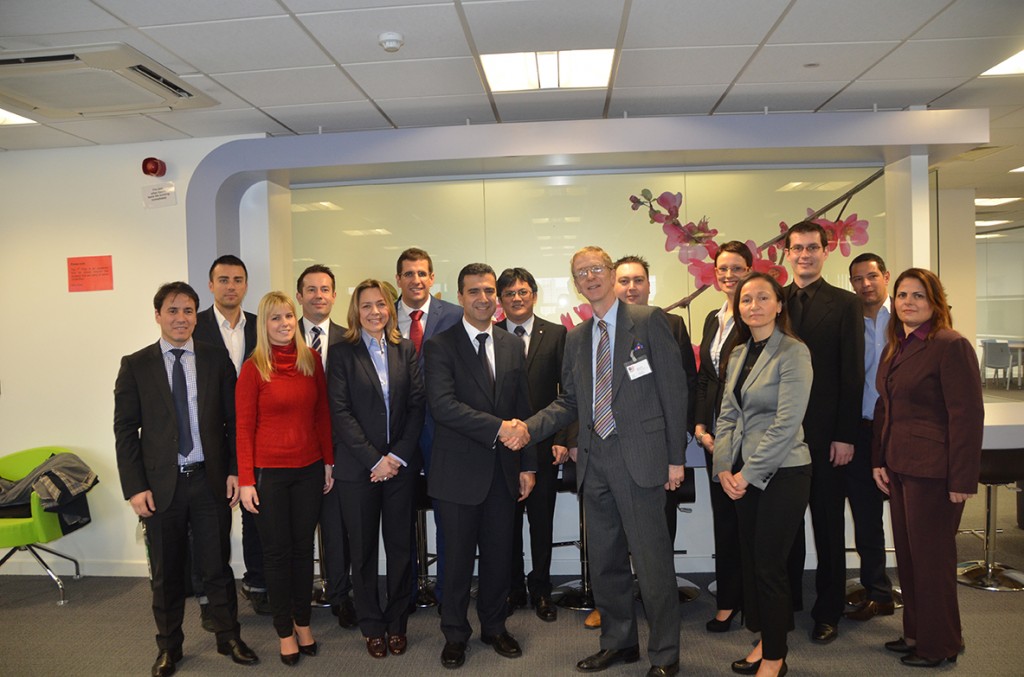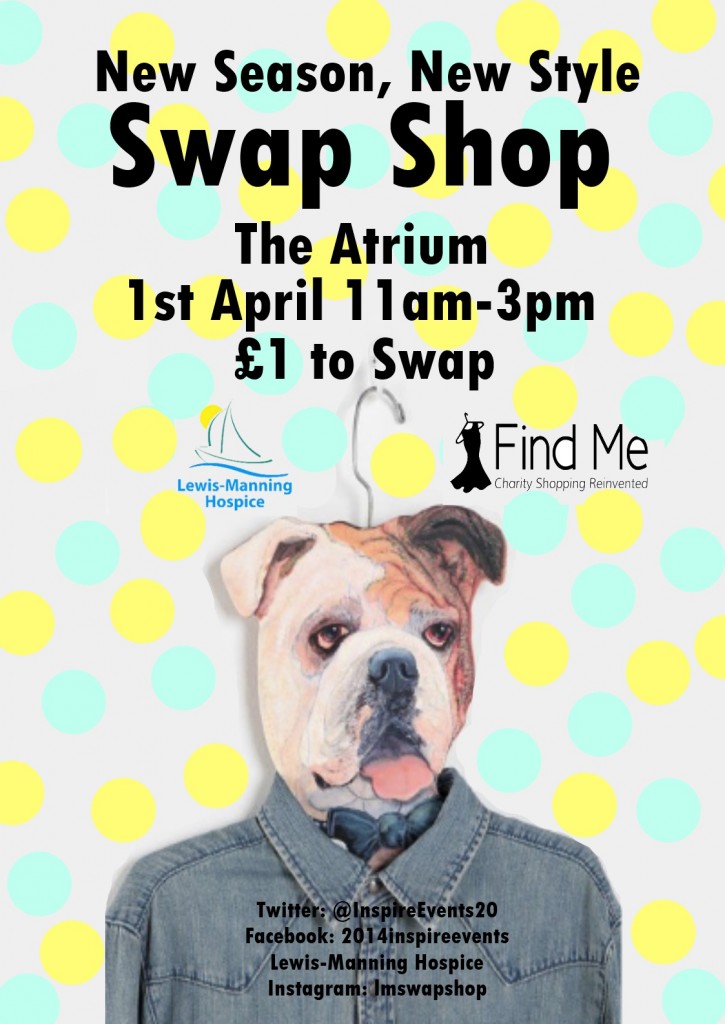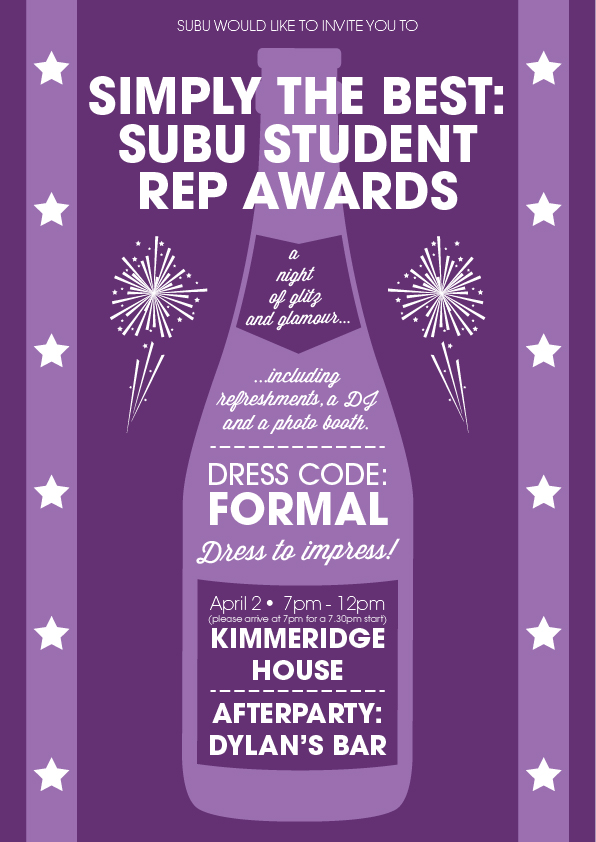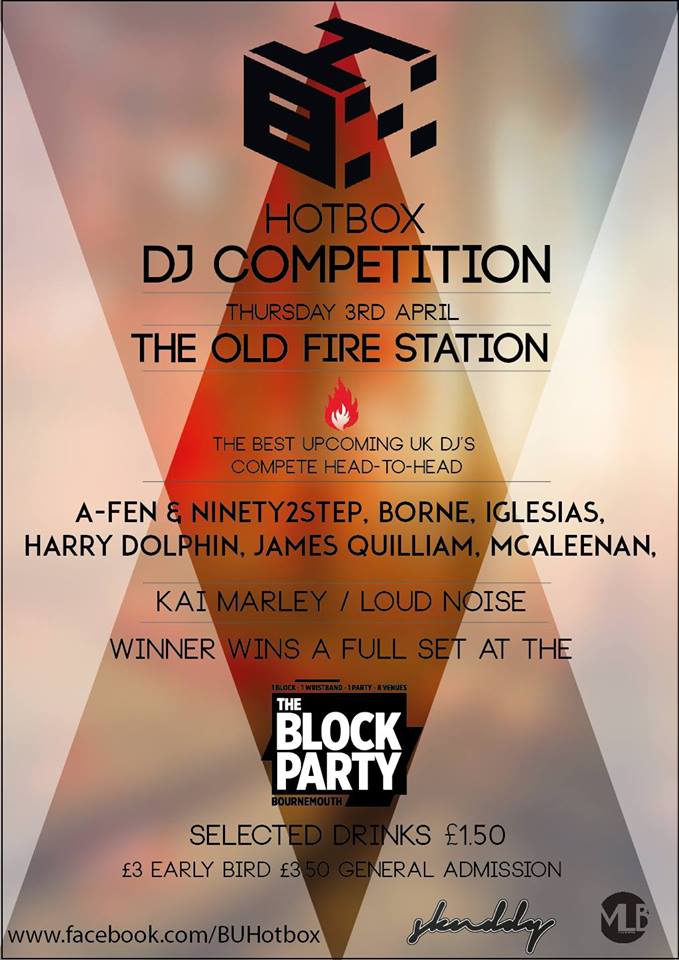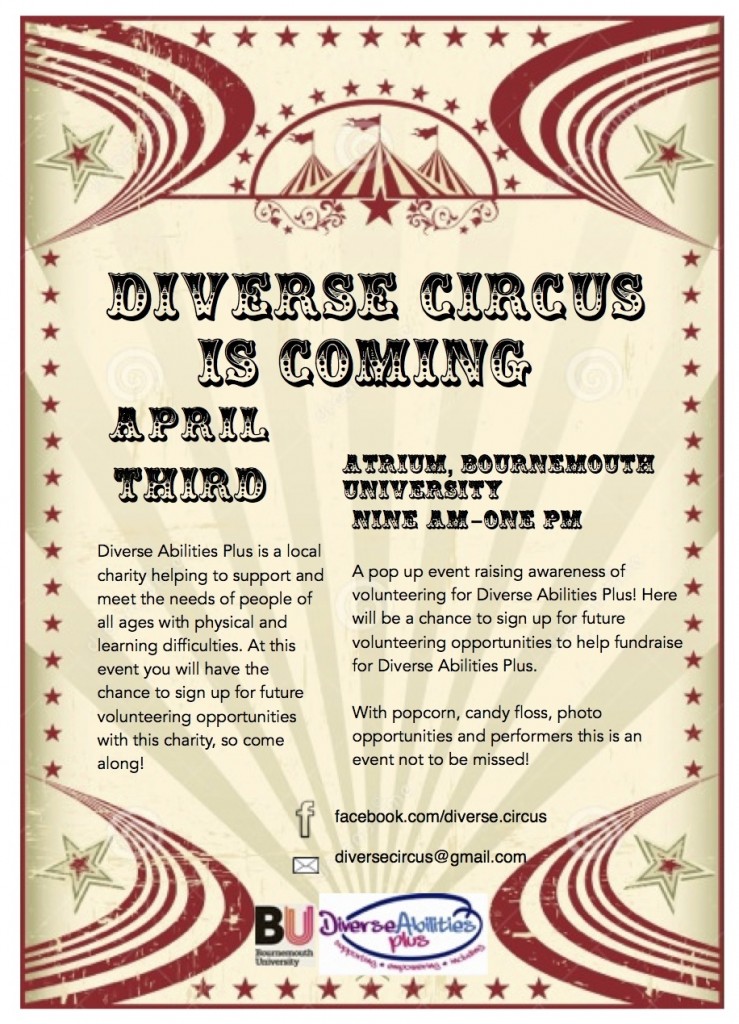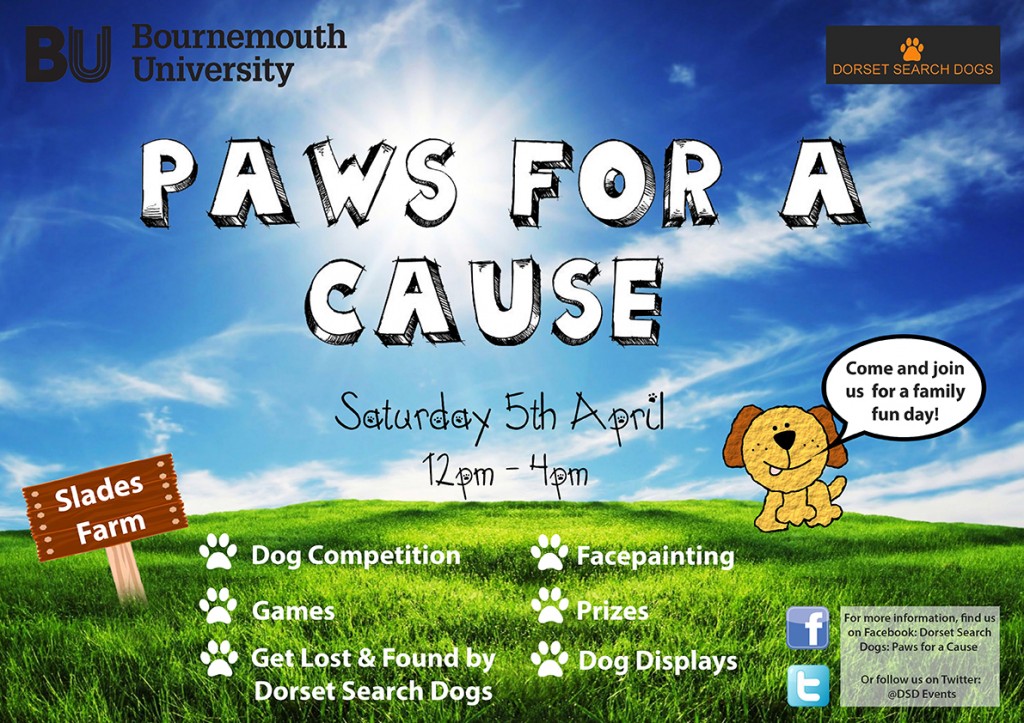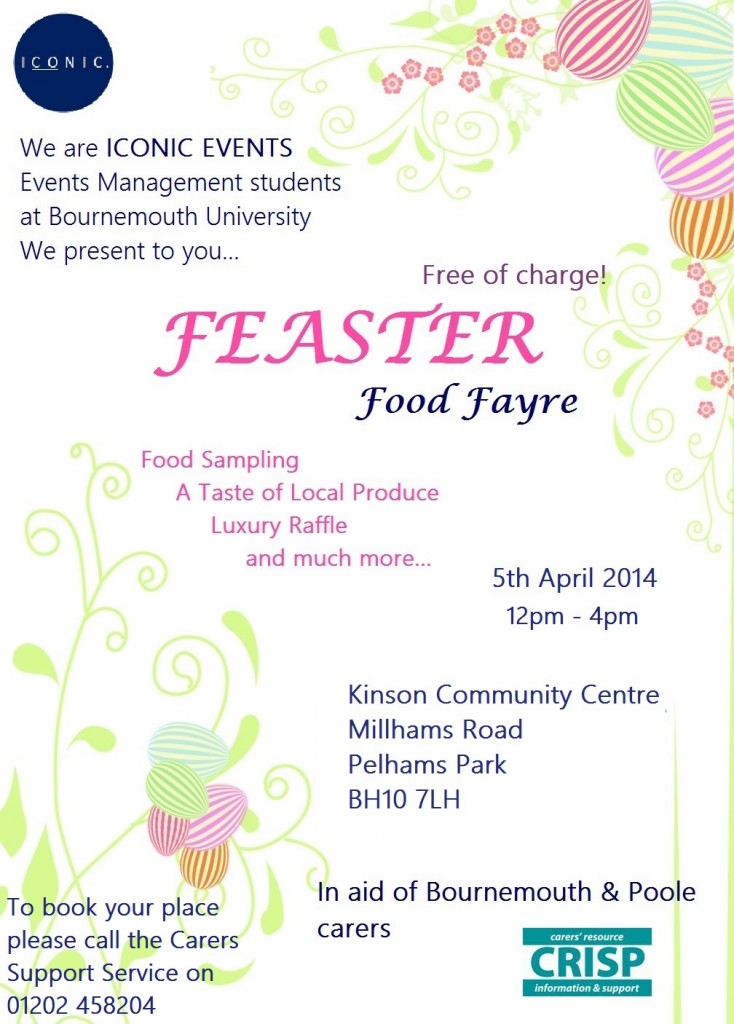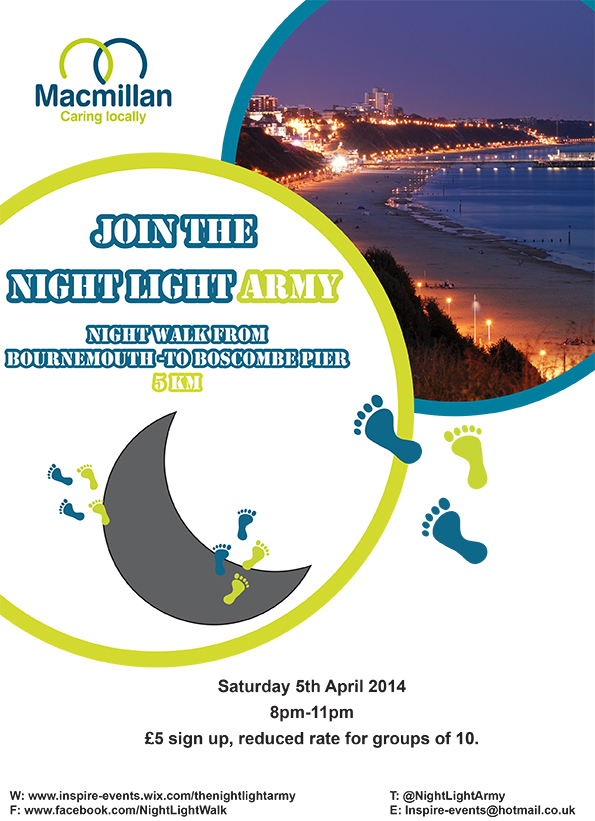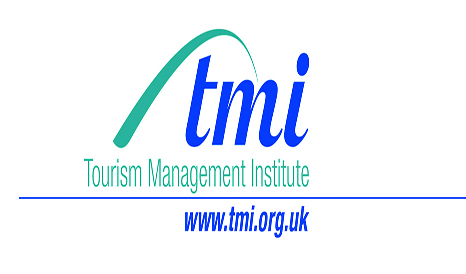A group of 2nd year event students organised a live event at the Old Fire Station recently. Kirsty Simms, one of the students tells us more about it below.
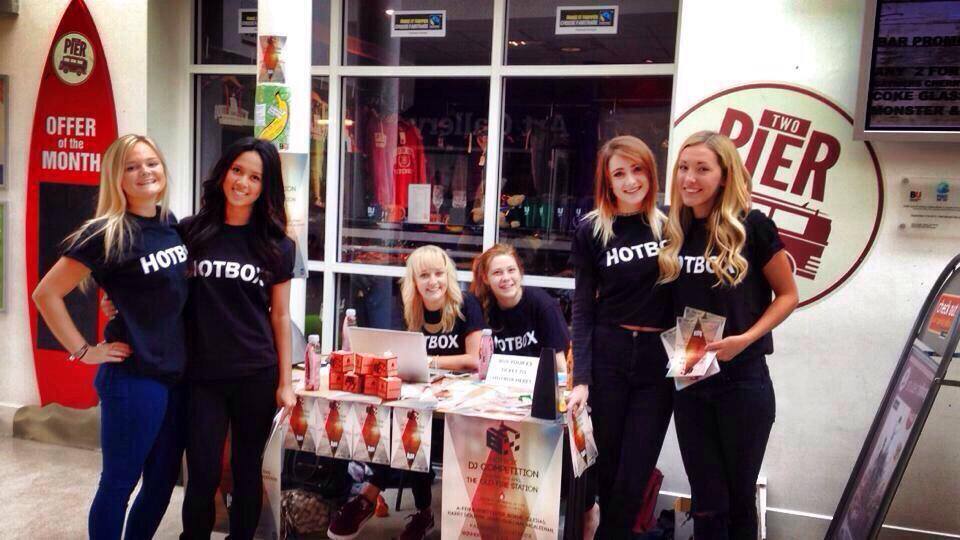
The Old Fire Station club is a venue known and loved by students and non-students alike. It’s unique setting and diverse range of events draws a different crowd in most nights of the week. Hosting club nights and live music acts, the stage has welcomed talent from the Black Keys to Hot chip. However, 3rd of April offered a new opportunity for those less known, a competition open to the new soaring talent of bedroom DJs of Bournemouth. Those who create and produce amazing tracks yet hid in the shadows now had the chance to take to the big stage and play to a buzzing crowd. Offering something completely different to the average Thursday night in Bournemouth, students and music-lovers were drawn to the low priced yet high quality event.
The night hosted 6 carefully selected entrants taking part in the “battle” as well as a great opening duo and a host “Kai Marley” from Loud Noise club night in London. Genres ranged from deep house to old school and some classic pop mixed on for good measure. The crowd swarmed to the dance floor of the main room and the vibe was fantastic!
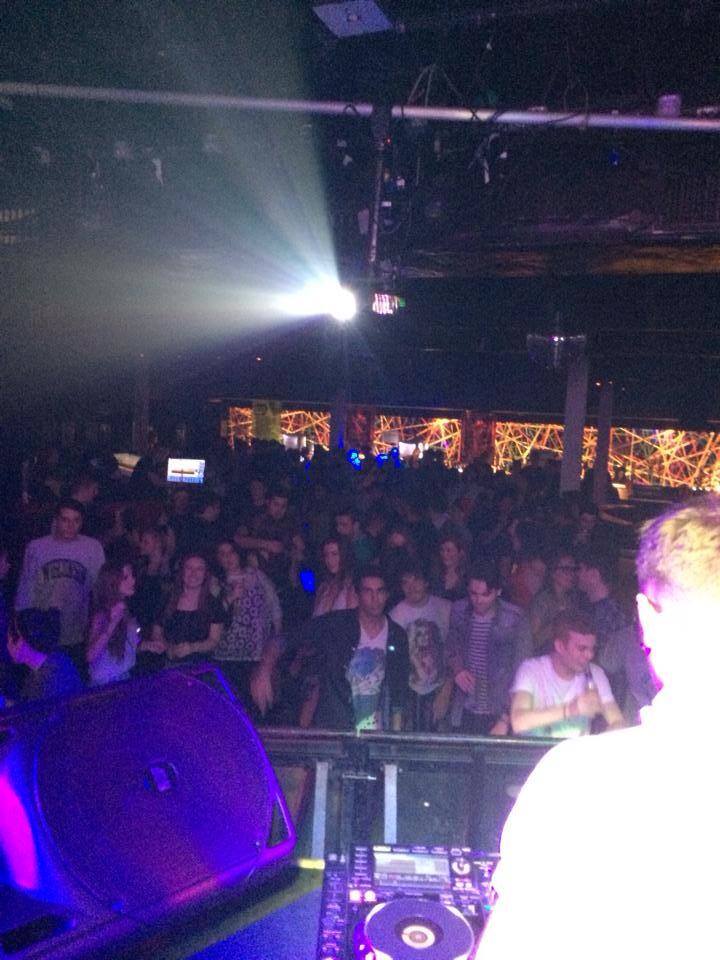
Aside from the music, attendees had the chance to interact with and help and co-create the event. Upon arrival, they were given a token to vote at the voting station which was guarded by two lovely ladies all night allowing for a fair chance for all DJs. As well as this, Hotbox utilised a fantastic piece of social media called “evenstagram”. This allowed attendees to instagram and tweet photos which were projected onto a large screen behind the DJs. This got a great reaction and allowed the crowd to create great personal memories of the night as well as providing everyone with a few laughs!
The Hotbox creators involved students and locals in the creation of the entire event concept. Volunteers were photographers on the night. Students from AUB and BU created a unique logo and poster design which was displayed around Bournemouth and across social media. Another BU student created a unique visual animation sequence for each DJ which was projected on another screen on stage.
Sponsors of the event included “sknddy” clothing and “The Block Party”. They supplied one-off clothing for the winner and a set at the well-established “Block Party” event. The winner James Quilliam provided an amazing, professional and well mixed set with style despite technical hitches which he made unapparent to the adoring crowd.
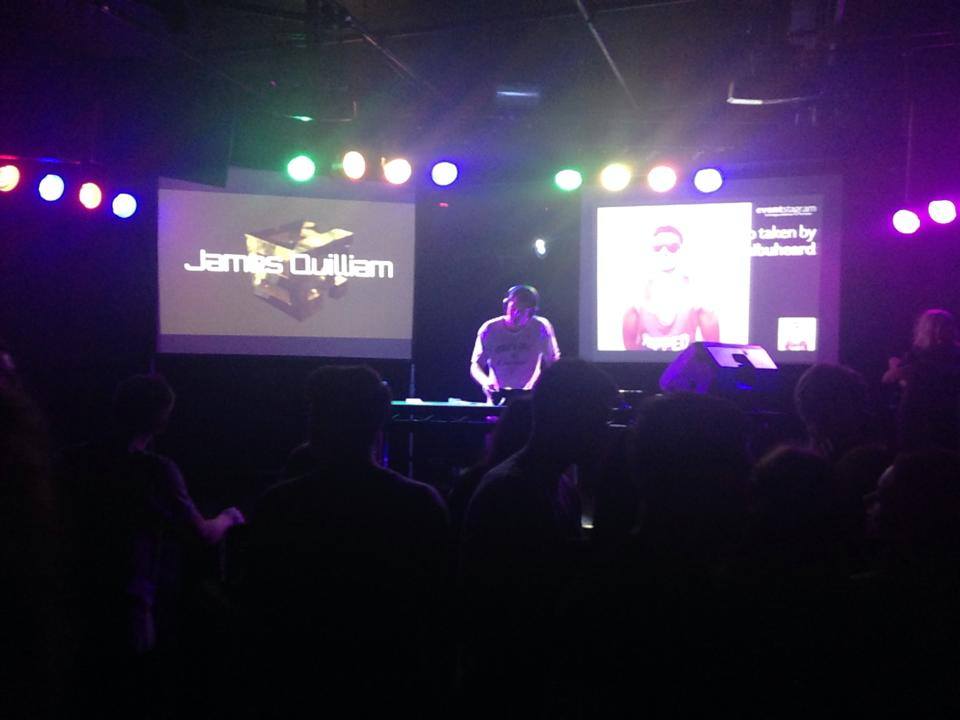
Since the event, the feedback has been nothing but positive with interest from DJs and agencies in being involved in another one. Although this event was a one-off held by second year event students, who knows what the future of Hotbox could be? Check out the facebook page here https://www.facebook.com/BUHotbox and follow us @HotboxBmouth.
By: Kirsty Simms, 2nd Year Event Student


